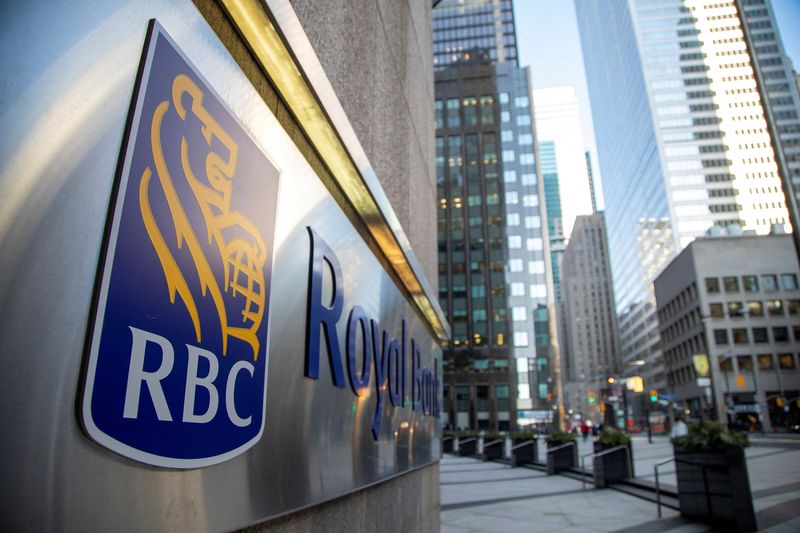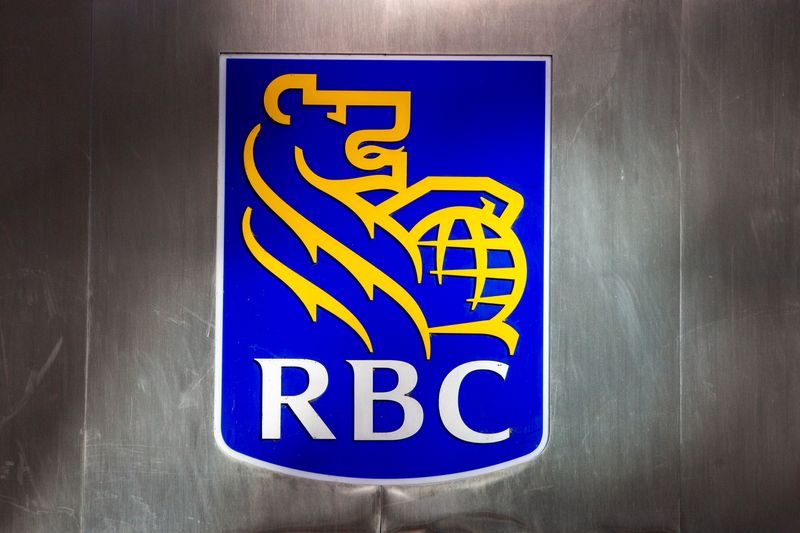By Nivedita Balu and Jaiveer Shekhawat
TORONTO (Reuters) -Royal Bank of Canada (RBC) on Friday said it had injected capital into its Los Angeles-based subsidiary City National to boost the unit's liquidity and pay down a higher cost of borrowing.
RBC, which bought City National in 2015 for $5.4 billion, said the move is part of management actions to improve profitability at City National. The bank did not disclose how much capital it had injected into the unit.
"An intercompany capital injection has been made into the City National subsidiary, further strengthening the capital and liquidity position of the subsidiary balance sheet, while also being used to pay down higher cost borrowing," RBC said in a statement.
KBW analyst Mike Rizvanovic said he expects the outlook for City National to remain challenging as interest rates could potentially stay higher for longer.
"The need for such measures is a negative read-through on City National's health," Rizvanovic said.
RBC, Canada's biggest lender, said in the statement that recent intercompany sales of certain debt securities by City National will result in the recognition of realized losses at the unit, which will be "eliminated at the Royal Bank of Canada consolidated level."
The bank said City National has reinvested most of the proceeds of this intercompany transaction in new securities for its liquidity and investment portfolio, which should benefit net interest margins.
RBC did not offer further comment beyond the statement.
Eric Compton, analyst at Morningstar said re-positioning such securities can be a positive move in the current environment if a bank has the capital to absorb the losses.
City National's assets stood at $95 billion at the end of June.
Regional banks were the epicenter of a crisis earlier this year, triggered by the collapse in March of Santa Clara, California-based Silicon Valley Bank, which triggered massive deposit withdrawals and placed renewed focus on lenders' financial health.
The Federal Reserve's aggressive tightening since March 2022 put a lot of banks' longer-term securities under water, creating investor anxiety over the health of bank balance sheets.
City National's latest earnings showed losses in the May-July quarter stood at $38 million, compared with a profit of $102 million a year previous.

Those losses materialized as "everything went against us this quarter," RBC CEO Dave McKay told analysts last month, largely arising from a credit loss on a real estate item, higher costs and rising deposit betas, which measure the sensitivity of a bank's deposit cost to changes in short-term interest rates.
"We thought we'd have a record year in City National this year, and everything got turned upside down," McKay said at a conference this month.
